Ever since the second wave of COVID-19 made its way into the Indian economy, businesses had to pull down their shutters again. If there was one sector of small business that was not too disturbed by this decision, it was the ‘essentials’. Other businesses, classified as non-essentials, began to suffer.
What are essential sectors?
Any service or product that the public cannot do without on a daily basis, falls under the essentials category. Simply put, groceries fall under the essentials list in businesses. Pharmacies, sanitation products, and food delivery are currently classified as essential services. Non-essential include luxury travel, cosmetics, office supplies, automobile purchase, and many more.
Challenges faced by non-essential small businesses
- Reduced buyer sentiment – According to Indiatoday, owing to job losses, soaring medical expenses, and generic public fear, once loyal customers are postponing purchases that cost more than what they need.
- Government-issued lockdowns – States like Karnataka and Maharashtra are in complete lockdown and continue to extend dates in order to bring down the number of cases. This has taken a huge hit on non-essential goods because of restrictions on logistics and shipping across cities and states.
Surviving as a non-essential business
How do these businesses survive a complete lockdown?
2020 urged businesses to take to eCommerce platforms and find their audience with zero hassle. Businesses learned lessons and kept themselves ready for the worst.
In the meantime, IT industry body Nasscom requested Government bodies to allow the shipping and delivery of non-essential items; provided the businesses follow safety protocol.
In 2020, eCommerce and logistics saw a huge spike in customer demand once the virus seemed to be under control. According to this report by Redseer, eCommerce focussed businesses grew by 30% last year and will grow up to 45% by 2025. The sector driving the most revenue is D2C (Direct-to-customer) businesses.
With the second wave hitting harder on daily life and the economy, non-essential businesses know better than to wait for the pandemic to be over.
5 ways non-essentials can continue to get sales
Keeping customers engaged through content
As seen before, customers are keeping to the basics and not spend money on items and services they do not need immediately. Do not cut losses on marketing efforts, especially content. Keep customers interested in your business by posting regularly.
For example – Champaca Cafe, a hyperlocal small business in Bangalore, informed their customers ahead of the lockdown that all orders will only be shipped post-May 24th. They continued to encourage their customers to shop from their website by posting on social media, conducting webinars with authors, and keeping customers informed of new products.
How would you make a sale if shipping is not allowed? You can encourage customers to make a purchase by running offers and discounts on your store/page and allowing them to track their purchases.
Saving costs during the lockdown? Here are 5 affordable shipping services for your business
Influencer marketing
Digital content soared during the lockdown. Top influencers had nowhere to go, so they began to produce content across different social media apps. Influencer marketing is one of the best ways to ensure your customers engage with your brand, even when they cannot make a purchase.
Since non-essential goods mostly fall under the luxury, lifestyle, and retail categories, influencers are an ideal choice for keeping your brand image in the minds of customers.
According to this report, over 81% of Indian influencers promote on Instagram, and 5% post on Facebook, Youtube, and other social media channels.
View this post on Instagram
Run social media ads
Do not think of ads as spending money, but investing in growing your brand.
Facebook and Instagram have grown from being mere social media selling platforms to branding platforms. Sandeep Bhushan, Director, and Head, Global marketing solutions, Facebook India stated for a Forbes magazine piece that by 2023, digital advertising will be bigger than TV advertising.
In fact, according to GroupM, digital advertising was one of the few categories which grew globally last year. To start things off, you can run ads on Instagram and Facebook. It does not cost much if done the right way. to know more about this, join us LIVE with Gopal Krishnan, marketing expert and Founder of Binge Marketing, to learn everything there is to know about running Facebook Ads.
Click on the image to register.
Staying updated with deferred GST payments and Tax relaxations
The GST council extended GST payment date and the Government brought back many financial schemes that expired after the first wave. If your business falls under the nonessentials category; then check if you have enough working capital to keep paying employees and ensure production takes place when it can.
Keep a positive cash flow, stay updated on GST and MSME news, and if you are opting for a loan, apply from public sector banks that avail the Government loan schemes.
Sell online
Did you know that WhatsApp has over 15 million businesses interacting on the platform and selling? Once social media platforms got crowded, all kinds of businesses set up on an eCommerce platform. Entrepreneurs from tier 2 towns grew their network and set up an online store and website to reach out to customers all over the country.
How will setting up a store help if I cannot ship my products? Let’s take an example of a sector – the female innerwear market. This sector grew by $1-2 billion in the last year alone, owing to a surge in demand. The increasing demand rose since women began to shop online more. According to a report, online purchase sentiment for this sector has grown by 5-10%. One main reason could be that women are now classifying innerwear as essentials – even if the Government is not!
Online shopping is the main factor in determining whether your business can boost sales or not. Invest in marketing campaigns that generate high organic traffic, keep working capital positive, and set up an online store. None of this costs too much money, and all you need is a reliable platform to showcase your brand.

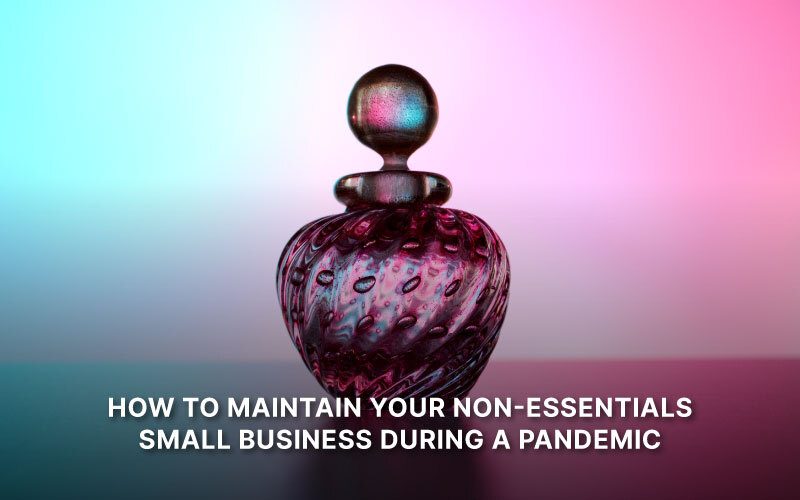
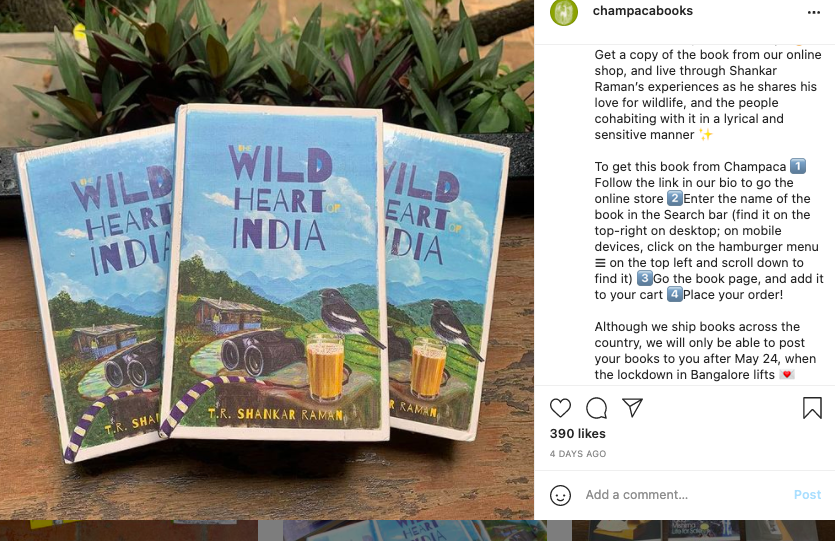
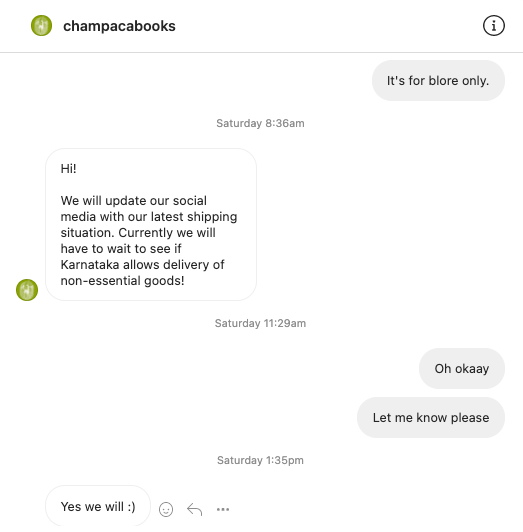
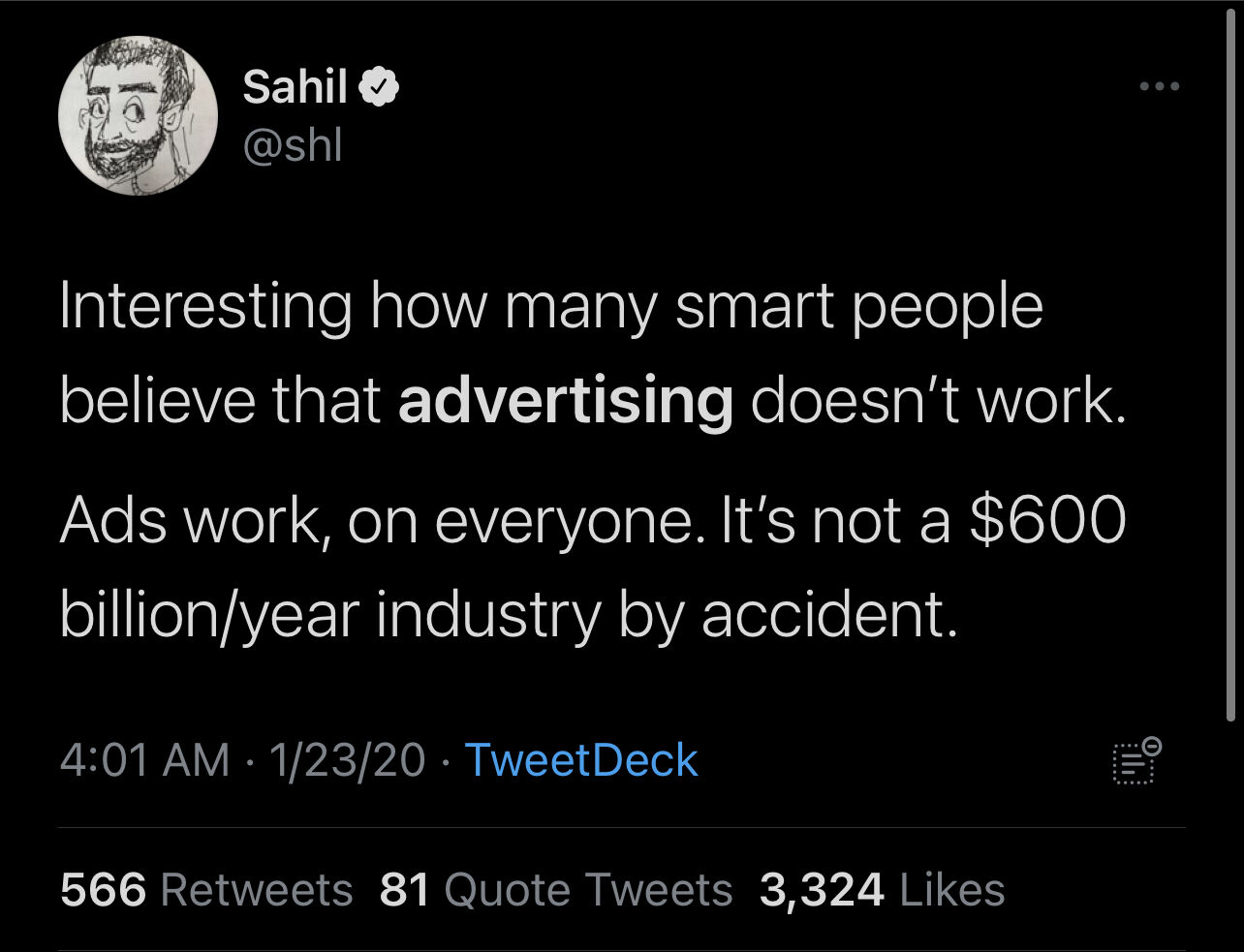
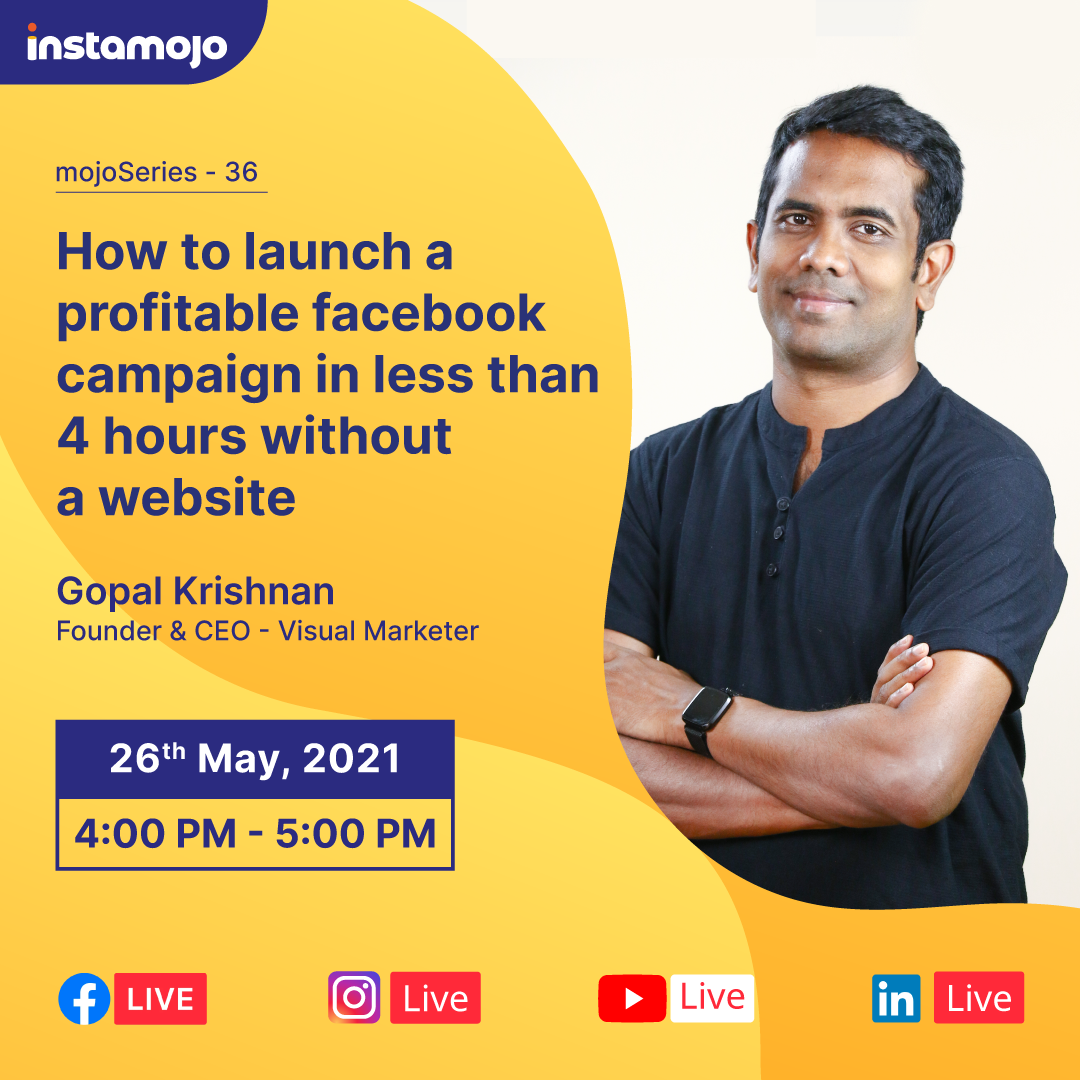
1 comment
Nice article. well explained and shared great marketing tips for small businesses.